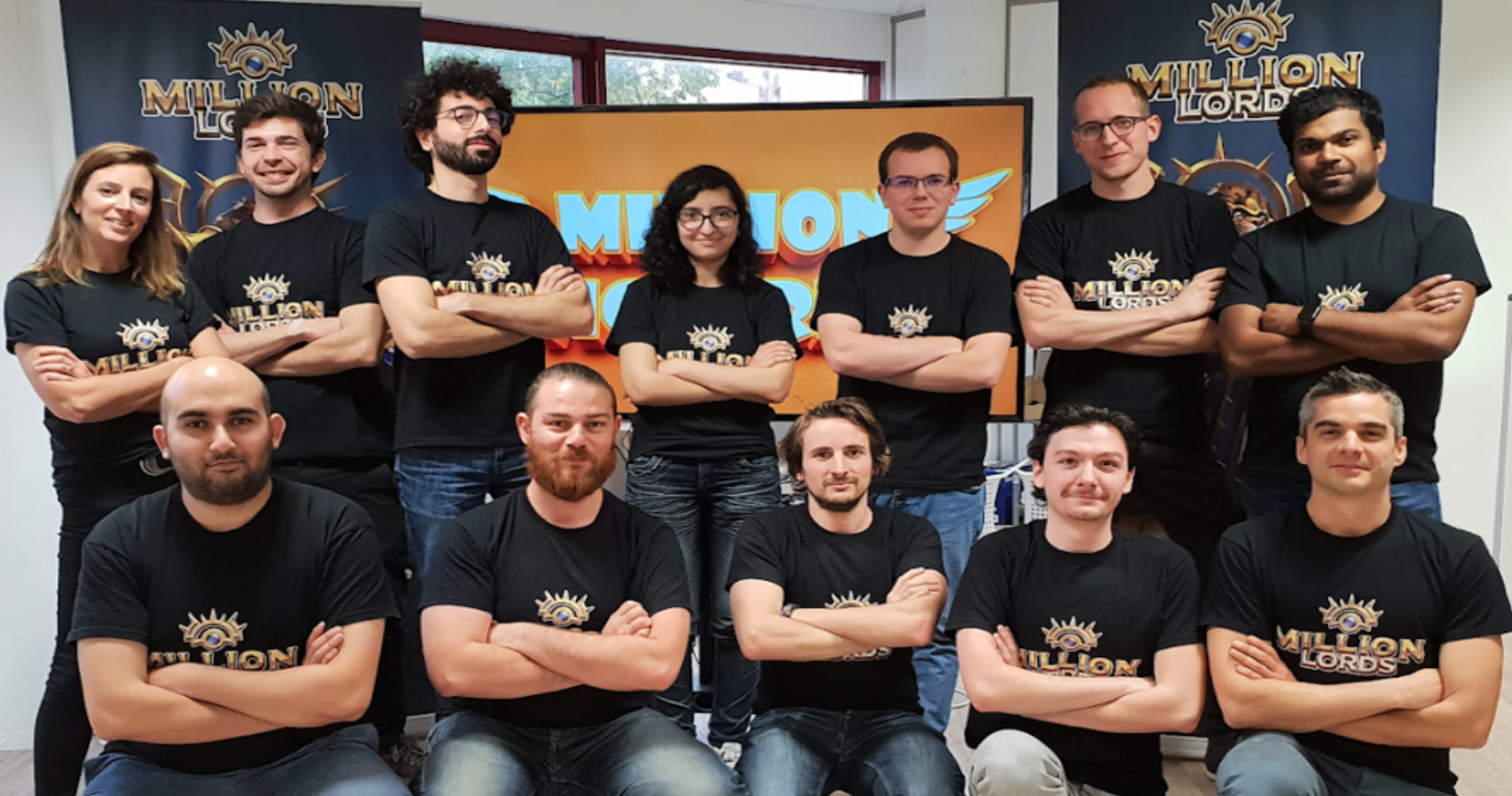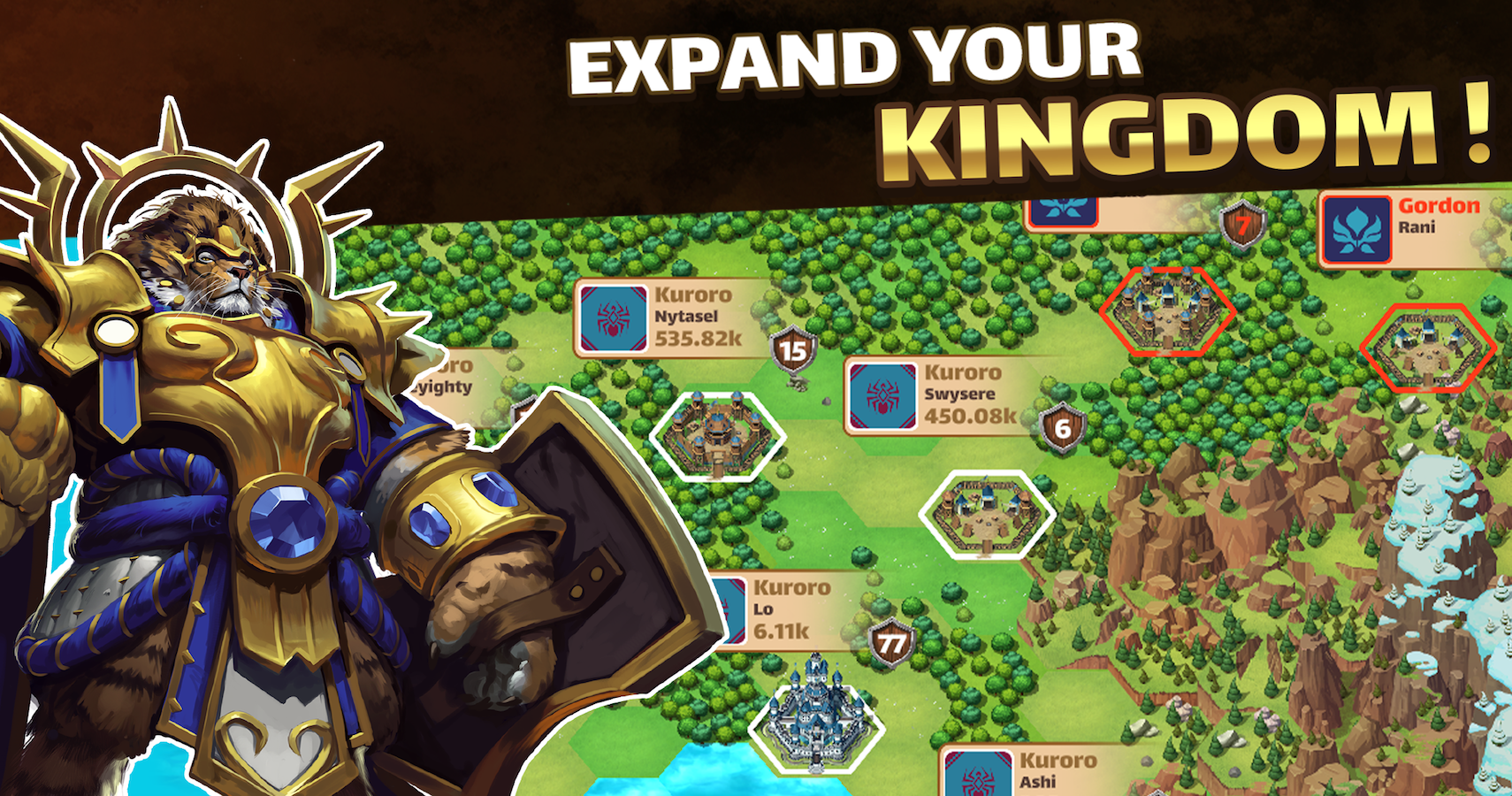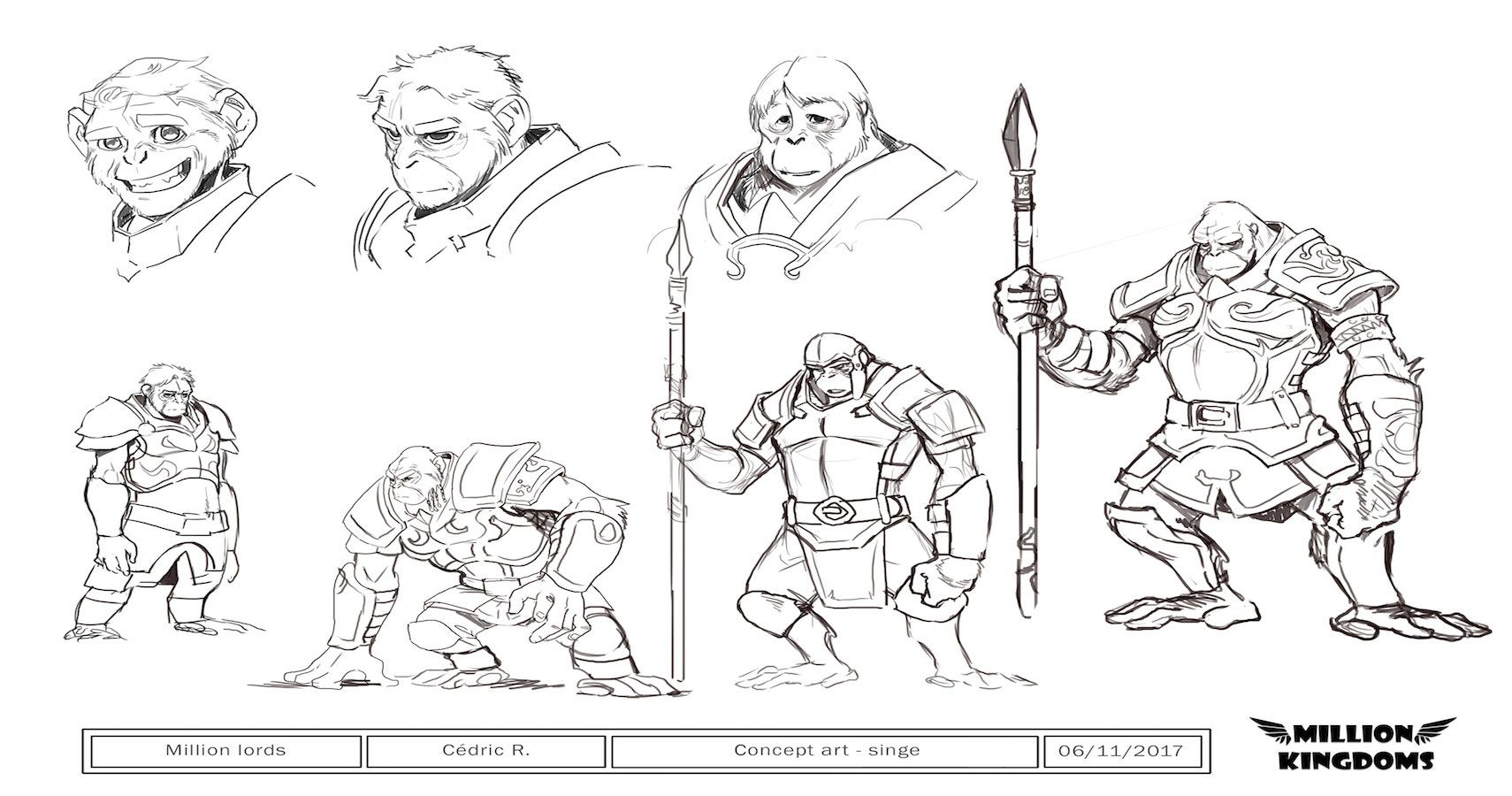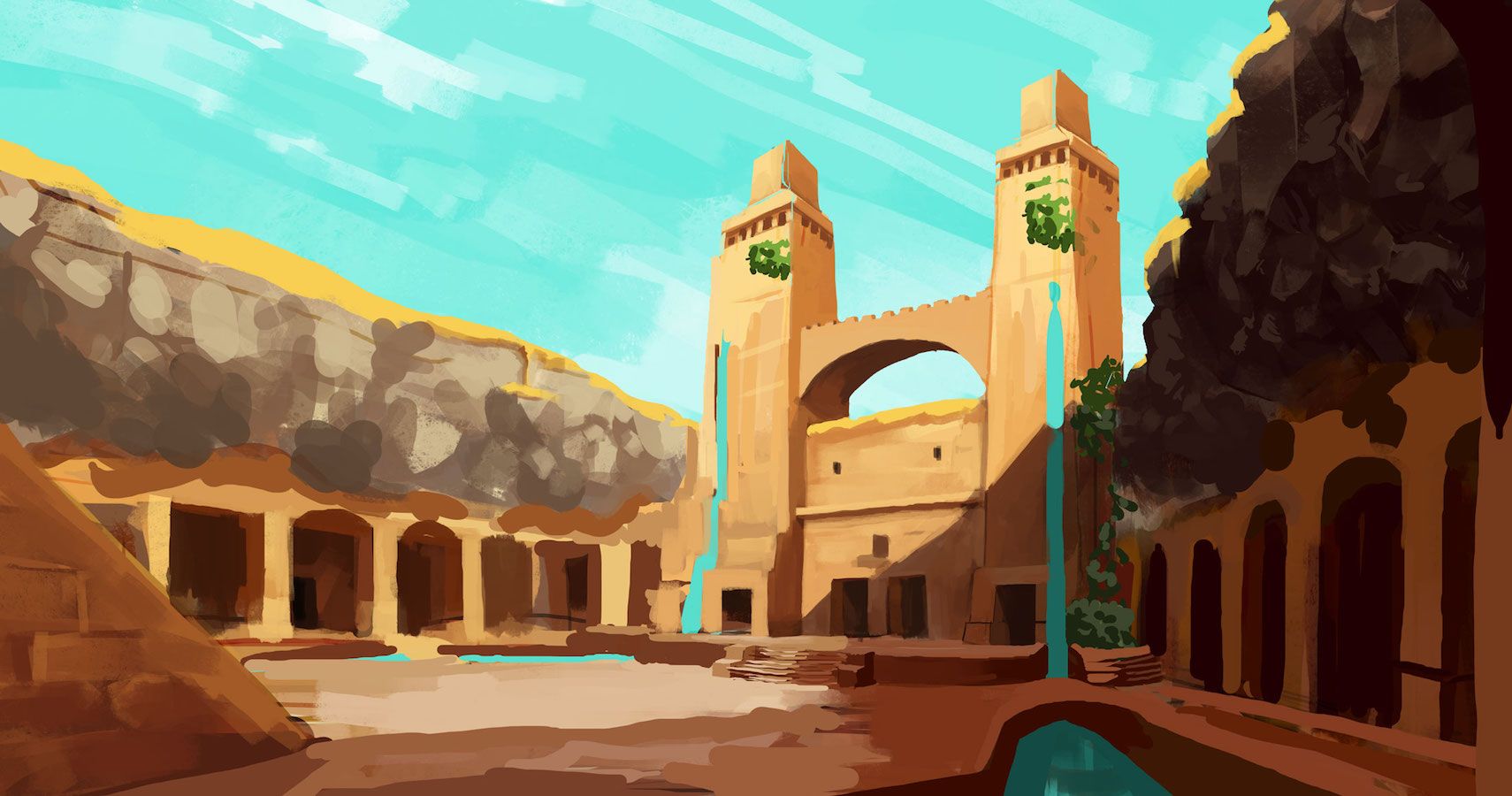When it comes to mobile games, it’s easy to fit the mold. Ingenuity isn’t always rewarded, and risk-averse studios flood the App Store with games that are wrought from the same DNA as last month’s chart-toppers. Million Victories isn’t one of those studios. The independent studio’s only title, Million Lords, is an MMO strategy game that takes the genre in a new direction— bringing conquest-style gameplay to mobile platforms in a digestible way. The Gamer spoke with Benoit Ducrest, CEO and co-founder of Million Victories, in an exclusive interview about how Million Lords takes mobile strategy from the drawing board to smartphones around the globe.
This interview has been edited and condensed for brevity.
Conceptually, which came first: Million Lords or Million Victories?
The Million Lords concept came first. I was playing a lot of mobile and web “MMO strategy” games like Travian, Ogame, and Tribal Wars. They all claimed to be focused on strategy, but most of the emphasis was on resource management and the early-game monetization of players. When we presented Million Lords to gamers during a focus group, we saw how enthusiastic people were about it. My co-founder, Celine, and I decided to start our own game studio: Million Victories.
Out of that original concept, how did the Million Victories studio take shape?
We wanted to unite gaming veterans. Some of the team members worked on Assassin’s Creed and World of Warcraft. In addition, we worked with local startup experts that helped us build a scalable structure and an efficient workflow. It’s worth noting that we have a gender-balanced team (Celine Allary co-created Million Victories with me), which is still too rare in today’s gaming industry.
Successful mobile games tend to prioritize playability. What challenges did you face in designing an MMO strategy game that is true to the genre but differentiates itself from the management-style camp of conquest games that are pervasive on mobile platforms?
Differentiation was the basis of the project. We didn’t want to copy any existing gameplay. So, we had to imagine the game’s template from the ground up. We also listened to our beta testers a lot!
A mobile game must be simple in terms of its core loops, allowing for sessions that last for only a minute or two in between classes, meetings, or on your morning commute, for example.
We wanted to do what Clash Royale did for MOBAs. We took the 4X genre and removed everything that got in the way of the strategic warfare experience while keeping the core PvP warfare experience. From there, we added all the cool features and built a universe that we thought would bring additional enjoyment to the experience.
In the same sense, what were the studio’s priorities during the game’s early stages?
Our top priority—since we wanted to basically create a new category in the mobile strategy genre—was the game’s core loop. The main loop is the heart of the game, so we wanted to always have the best experience possible at the center of the game for fans of the strategy genre.
How difficult was it to raise funding for the project as a start-up?
I think our experience was painful, but probably not as painful as it is for some studios. It’s always a struggle for any company starting out, but it was less difficult for us for three reasons. First, one of my past roles at the Lyon Startup incubator was to help entrepreneurs secure funding (public or private), so I do have some experience navigating those waters.
Second, I want to praise Celine who always provided the expertise we needed to convince investors. Given her previous success in the start-up area, she was able to reassure investors.
Finally, the French local and national support system for startups is world-class with a lot of options for game developers to get zero-rated loans or public investments that match private funding. Combining this access to early-stage funding with the local talent pool, I truly think France has a bright future when it comes to mobile game companies. Just look at Voodoo, Ketchapp, or OhBibi, which are all born into this French mobile ecosystem.
A lot of you came from major studios to start this project. What are some of the main differences or challenges between working for a well-established studio and a start-up?
We were lucky because we were able to choose who we work with. Since it’s still very early stage for our company, we have great ownership from all team members and a really positive work culture. A good example of the upside of working for smaller companies like us is the capability to directly interact with all team members with a very flat org chart. Everyone has the ability to impact the game’s roadmap. You can’t get that unless you are very senior if you work for an Activision or EA, for instance.
How pleased are you with the current state of Million Lords? What are you guys focused on in terms of improvements?
We are very happy to see how well the game was received and the player involvement so far. But, of course, all new players are speaking up to ask for some features that really are needed. Adding better clan functionalities is our number-one priority at the moment.
What’s next for Million Victories?
At this time, we are 100% focused on Million Lords and making it the best possible game.
Is there anything else fans should know?
Just how excited we are to see another 100,000 players join the first 100,000 beta testers. It’s nice to see how players are helping each other, as well. A positive community is always the best part of any thriving mobile game.
Million Lords is available for download in the App Store and Google Play now!




